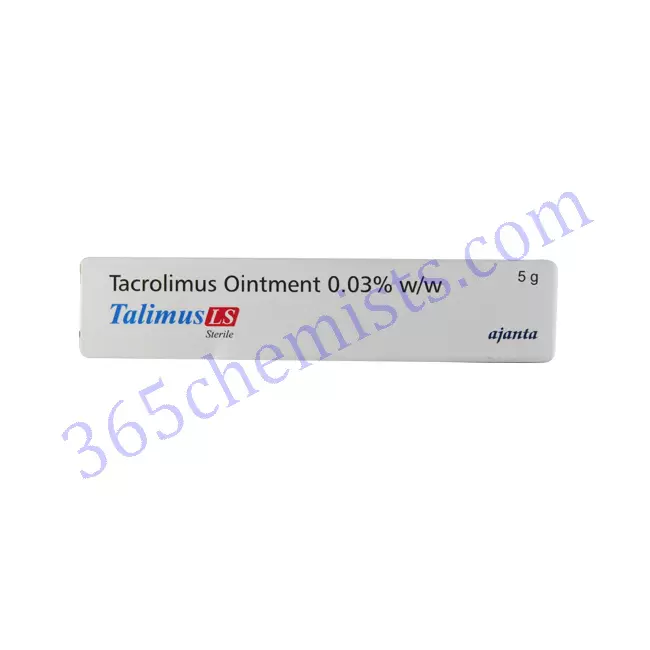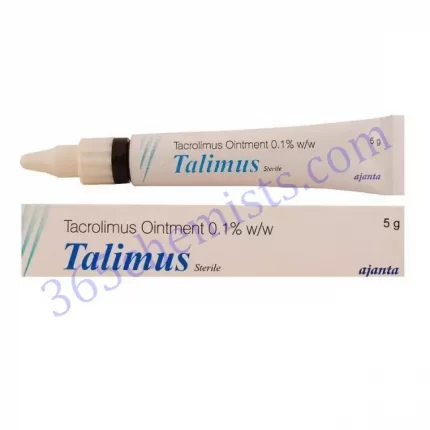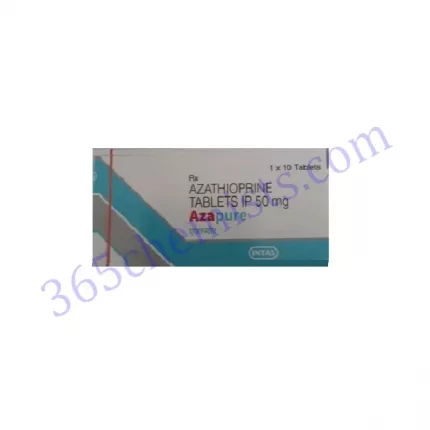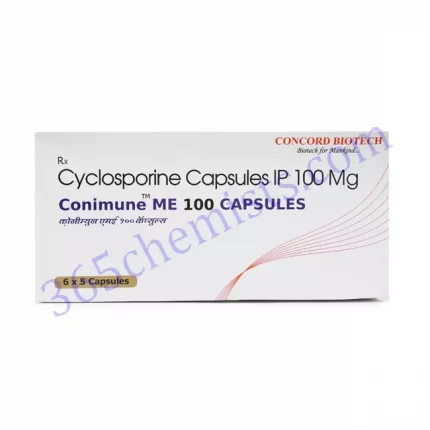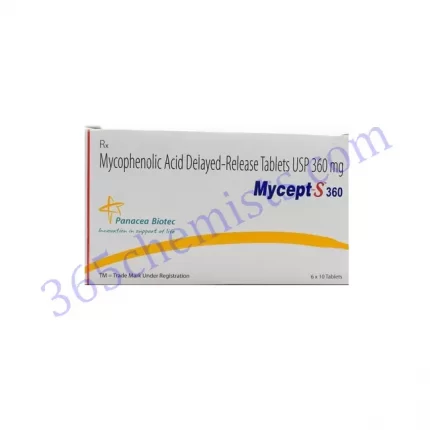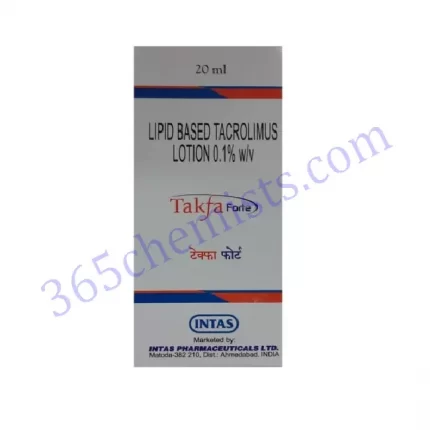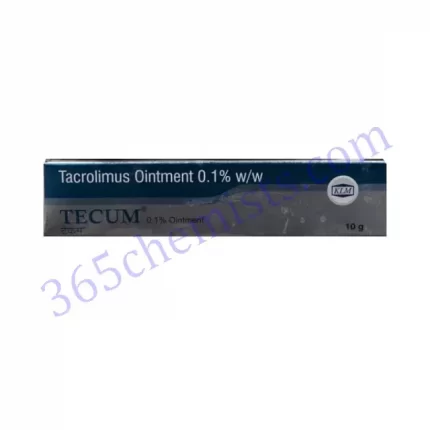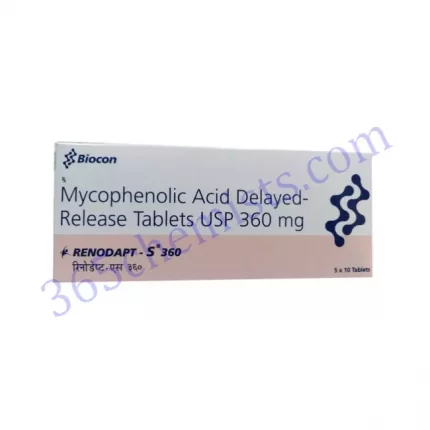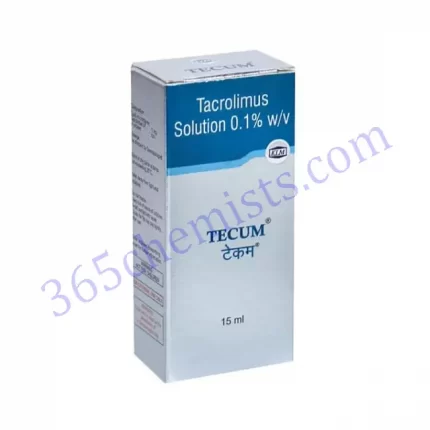Talimus LS 0.03% Ointment
A topical medication that is frequently prescribed for the treatment of a variety of skin conditions is called Talimus LS 0.03% Ointment. This medication contains the active ingredient tacrolimus. Tacrolimus is a member of a group of medications known as calcineurin inhibitors. These medications suppress the immune response in the affected area, which in turn reduces inflammation and other symptoms associated with the condition. The purpose of this in-depth guide is to provide a description of Talimus LS 0.03% Ointment in as much detail as possible, covering topics such as its applications, the dosage that is recommended, and any potential adverse effects.
Uses of Talimus LS 0.03% Ointment
The most common indication for the application of Talimus LS 0.03% Ointment is for the treatment of atopic dermatitis, a persistent inflammatory skin condition that is characterised by a rash, itching, and redness. Patients who have not responded favourably to other conventional treatments or who require long-term management of their symptoms are typically the ones who are given a prescription for this medication. Those who suffer from atopic dermatitis will find relief from the symptoms of their condition thanks to an ointment that reduces inflammation and brings itching under control. In addition, the healthcare provider may determine that Talimus LS 0.03% Ointment is appropriate for the treatment of inflammatory skin conditions that are not listed on the product label.
Dosage Recommendations
The recommended amount of Talimus LS 0.03% Ointment to apply may change depending on the seriousness of the patient’s condition as well as how well they respond to treatment. It is imperative that the prescribed patient adhere to each and every one of the instructions given by the prescribing medical professional. It is important to use clean hands when applying the ointment to the affected areas of the skin so that it can be spread evenly and gently. During application, it is important to avoid causing unnecessary rubbing or irritation. The number of times that the medication should be taken each day is recommended to be at a minimum of twice. However, it is extremely important to take the medication in the correct quantity as directed and not to take it more frequently than is suggested without first consulting a medical expert.
Related Product
Talimus LS 0.03% Ointment
Talimus 0.1% Ointment
Duration of Treatment
It is possible for the duration of treatment with Talimus LS 0.03% Ointment to differ from one person to the next depending on how well the individual responds to the therapy and how severe the condition is that is being treated. Even if your symptoms seem to be getting better, it is critical that you keep applying the ointment as directed. If you stop taking the medication too soon, you might find that your symptoms haven’t fully gone away or that the condition has only partially improved. However, the healthcare provider will regularly check in on the patient’s progress and will consider making any necessary adjustments to the treatment plan. It is essential to have open communication with the healthcare provider regarding any concerns or questions that you may have about the length of the treatment.
Potential Side Effects
Side effects are possible with any medication, including Talimus LS 0.03% Ointment. However, not everyone will experience these side effects. A sensation of burning or stinging at the site of application, itching, redness, or mild irritation are some of the common adverse reactions that may occur. These adverse effects are typically not severe and typically get better as the skin adjusts to the medication being taken. Nevertheless, it is imperative to promptly inform the healthcare provider if any side effects continue or become bothersome after they have been treated. Additionally, there are some side effects that occur less frequently but are more serious and require immediate medical attention. These side effects include signs of an allergic reaction or skin infections. Patients need to be aware of these potential adverse effects and should contact their healthcare provider immediately if they experience any symptoms that cause them concern.
Precautions and Interactions
Before beginning treatment with Talimus LS 0.03% Ointment, it is essential to provide the healthcare provider with details regarding any pre-existing medical conditions, allergies, or medications that are currently being taken. There is a possibility that Tacrolimus could interact with other medications or substances, which could reduce its effectiveness or raise the risk of undesirable side effects. It is essential to provide the healthcare provider with any and all pertinent information in order to guarantee the safe and efficient application of the ointment. During treatment, it is important to avoid prolonged exposure to sunlight or artificial UV rays, as there is some evidence that tacrolimus may increase photosensitivity.
Conclusion
Atopic dermatitis and other inflammatory skin conditions are commonly treated with a topical medication called Talimus LS 0.03% Ointment. This medication contains the active ingredient tacrolimus, and it is typically prescribed for this purpose. Those who are afflicted with these conditions can find relief from their symptoms and an overall improvement in their quality of life as a result of this medication’s ability to reduce inflammation and suppress the immune response. Due to the fact that this guide is not a substitute for professional medical advice, it is essential to speak with a medical professional in order to obtain individualised information and direction concerning the application of Talimus LS 0.03% Ointment. It is possible to improve the chances of having a safe and successful treatment experience by carefully following dosing instructions, communicating any unsettling side effects, and taking all necessary precautions.

